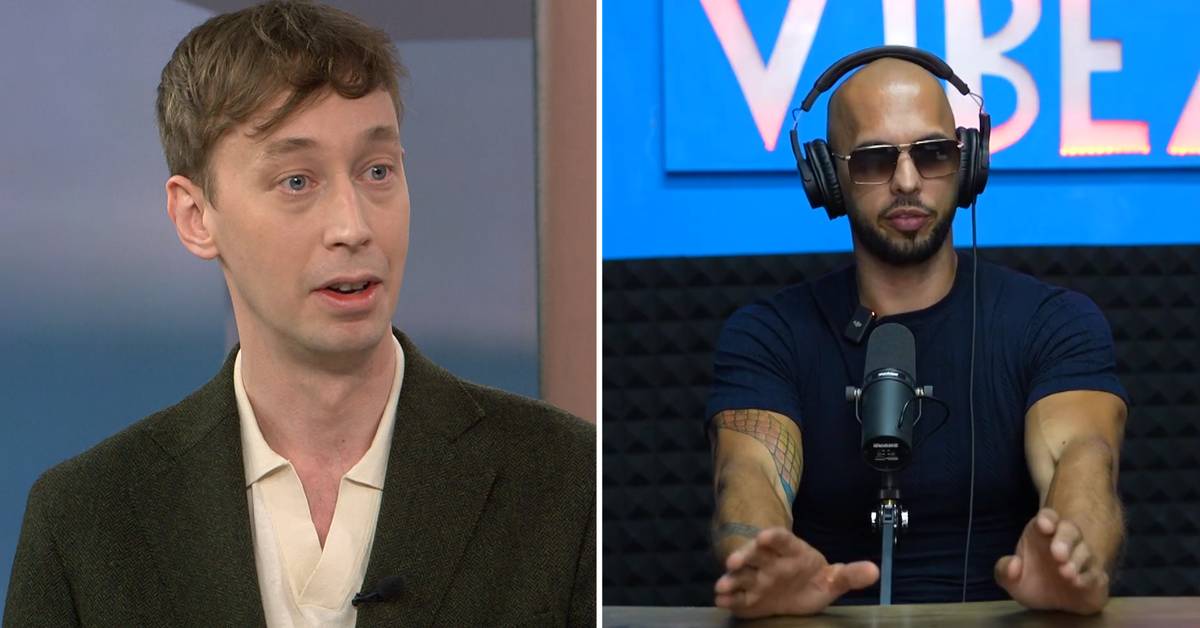Andrew Tate has quickly made a career on social media, gaining millions of followers.
The American-British influencer is described as misogynistic and known for spreading misinformation.
Despite this, there are many people who buy the message, says Expressen's head of culture Victor Malm.
- He addresses men who feel betrayed by modern society, men who feel alone, disadvantaged or lost.
He offers a solution, to be able to have the life he has.
It's classic self-help but in a very charismatic form, he says.
Victor Malm believes that the lack of editorship in social media means that it has become free for controversial content to spread widely.
- Social media, just like the public has always done, will reward the most controversial, what makes people angry, upset, happy and makes people want to react, but social media does it in a way that is many times stronger than ever before.
- I think we will have to live with the fact that those who say the craziest, stupidest, most controversial and horrible things will get the most attention, that is the media mechanism we currently operate in.
Whether the impending legal process in Romania could mean the end of Andrew Tate's progress in social media is still unclear, according to Victor Malm.
- But that certainly does not mean the end of the archetype he represents.
I don't think there is an end to it as long as we live with Tik Tok, Twitter, Facebook and Youtube, because these platforms will continue to generate these kinds of hyper-controversial figures.
In two years we might be talking about Andrew Tate 2.0, who is in every respect the same but even worse.

